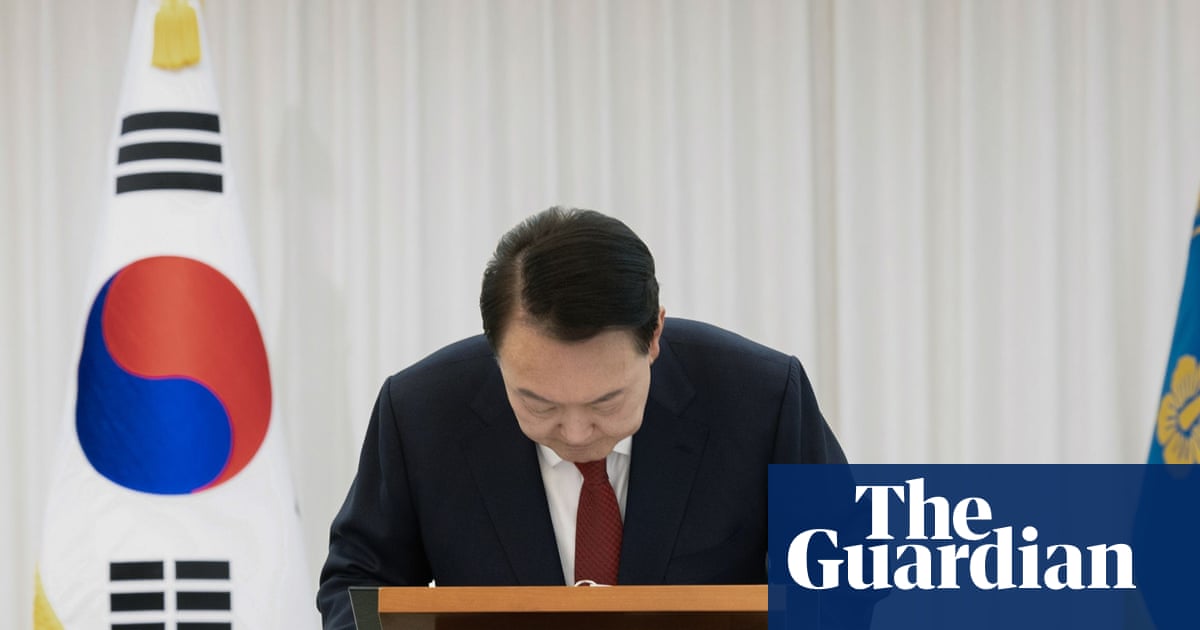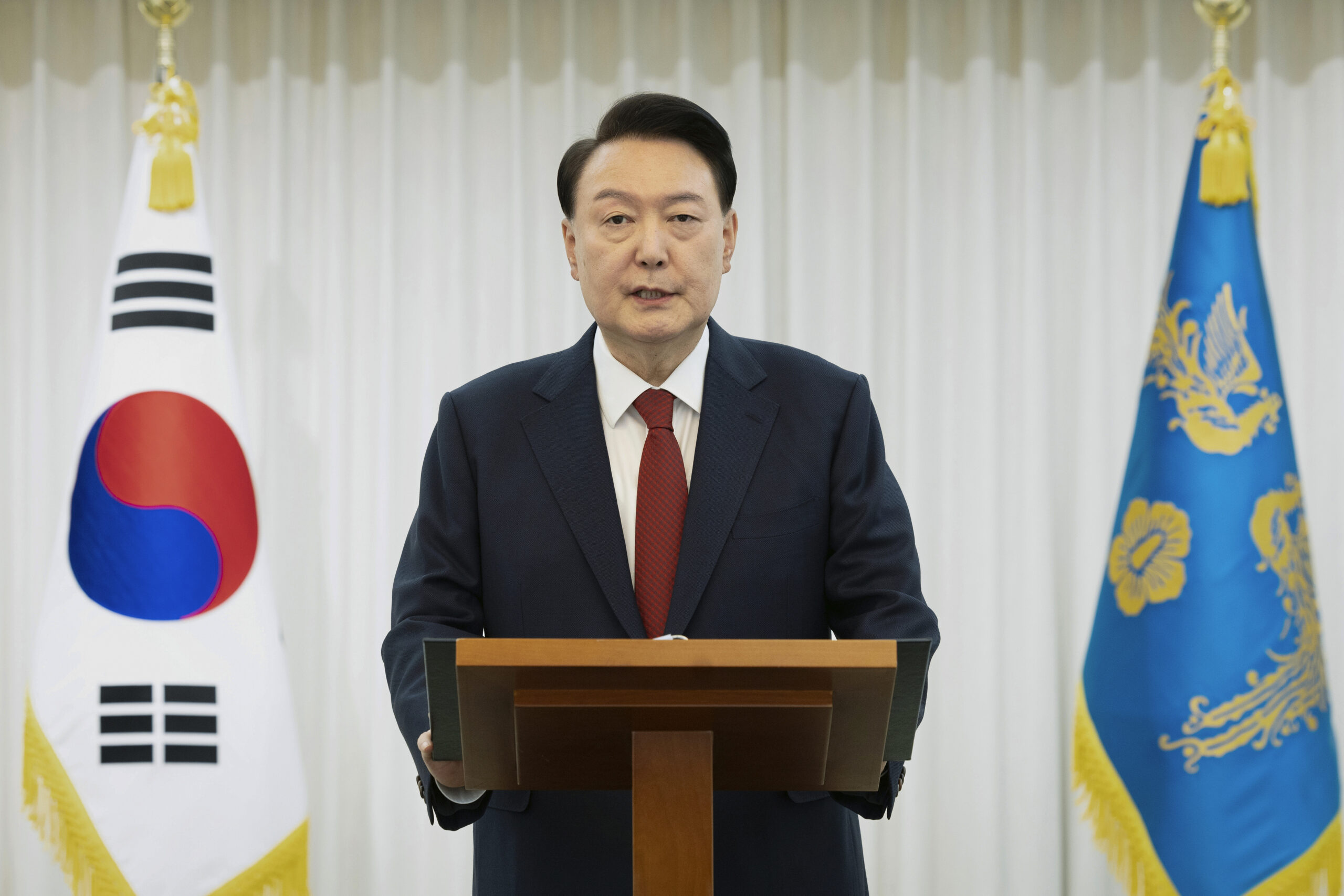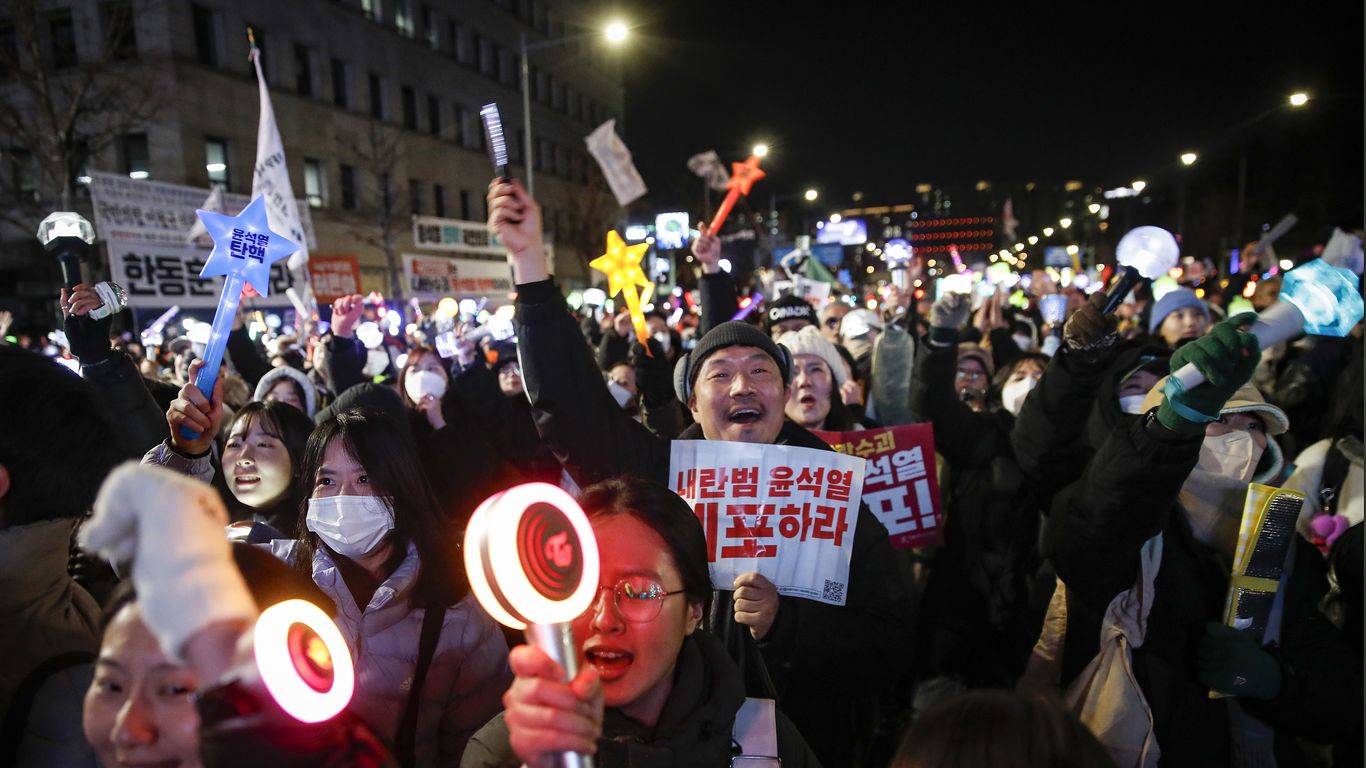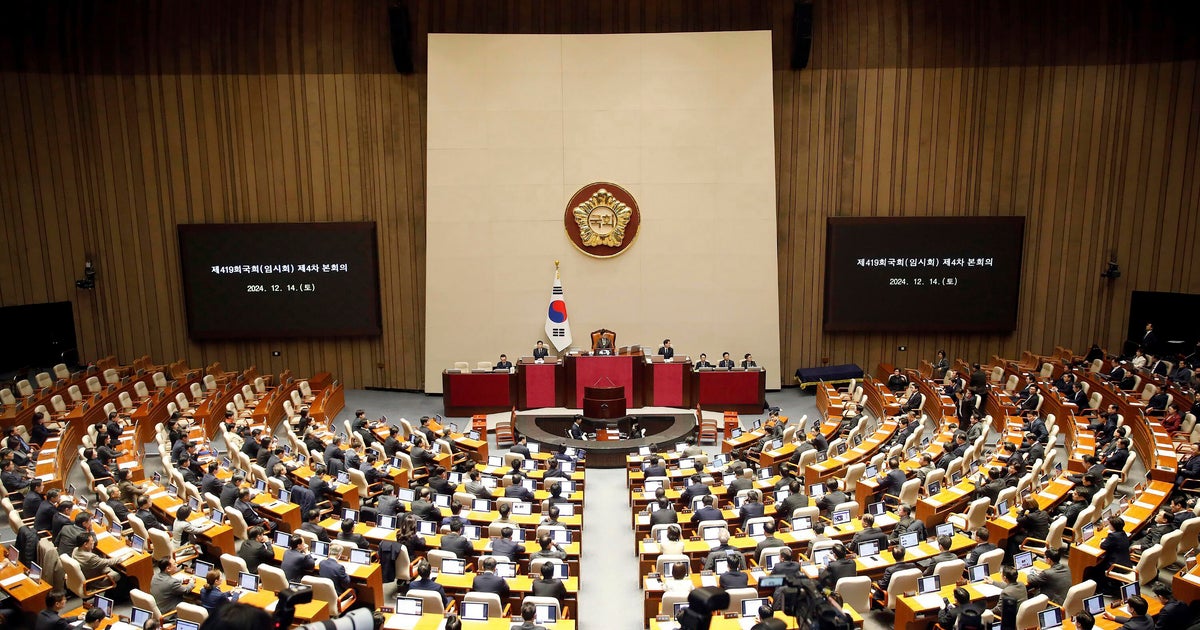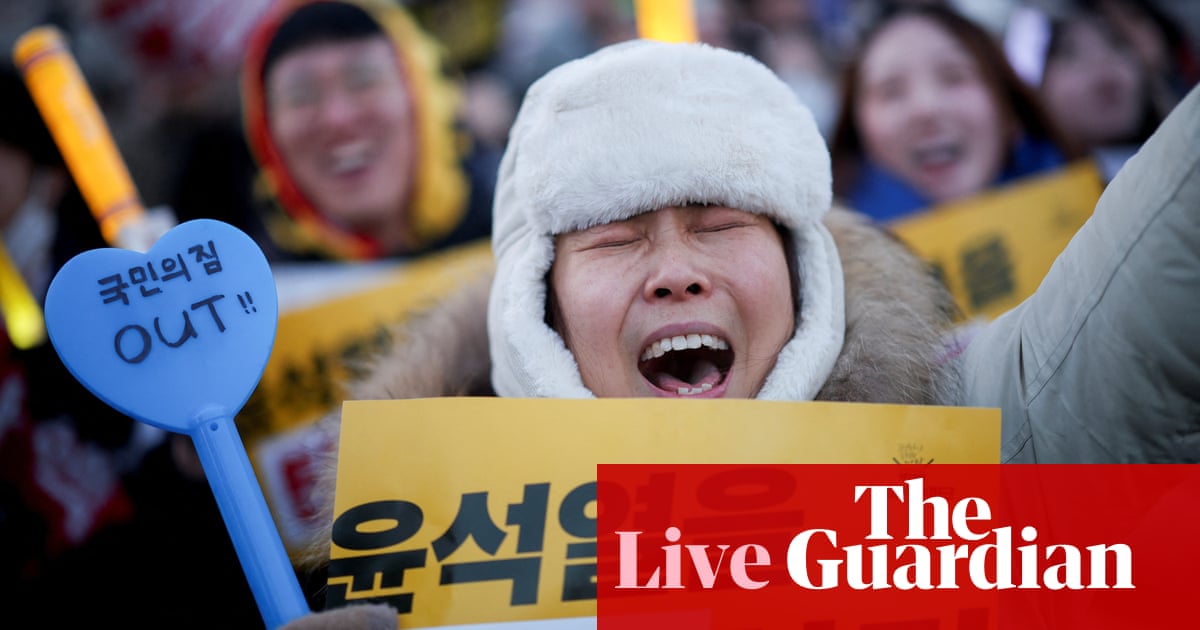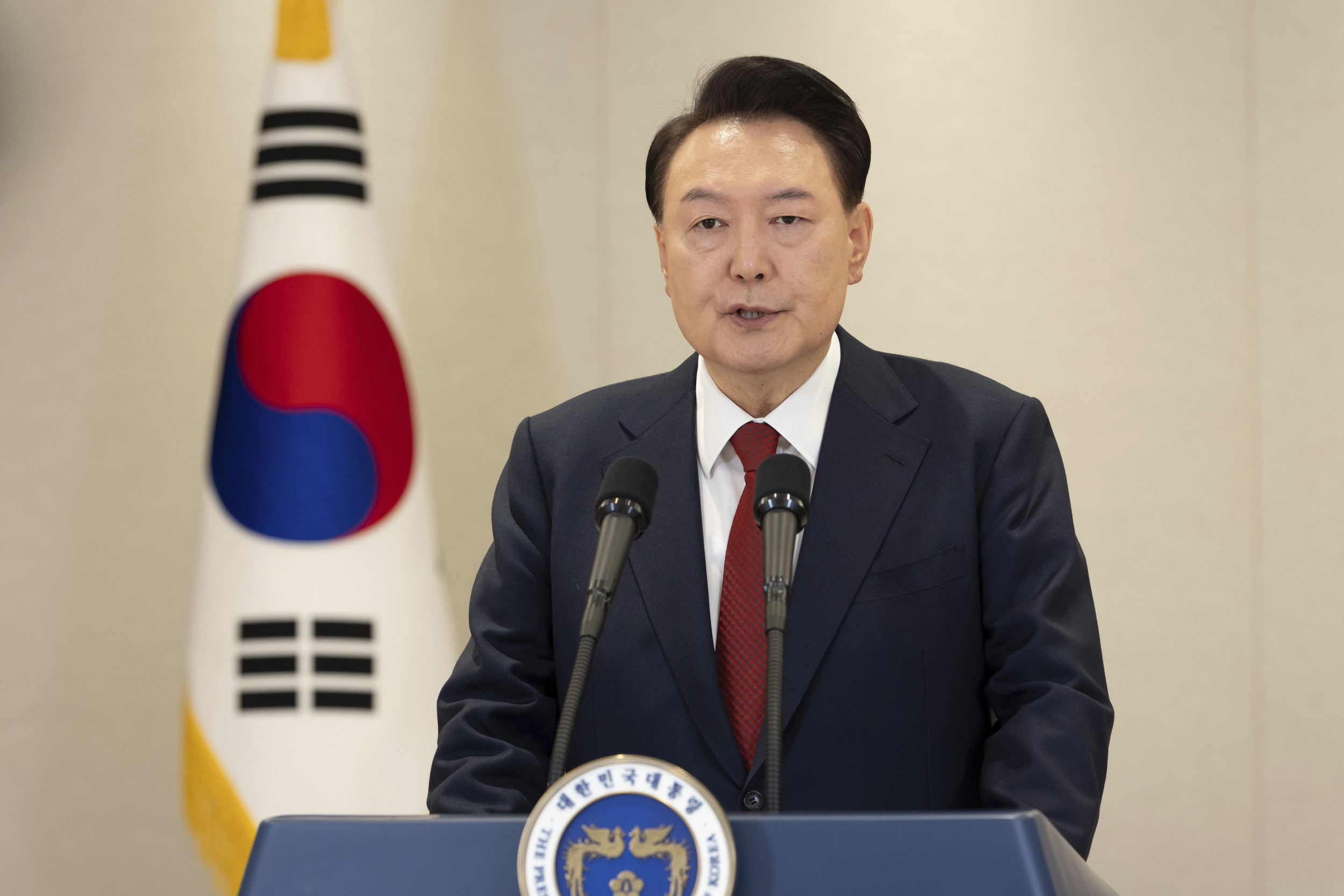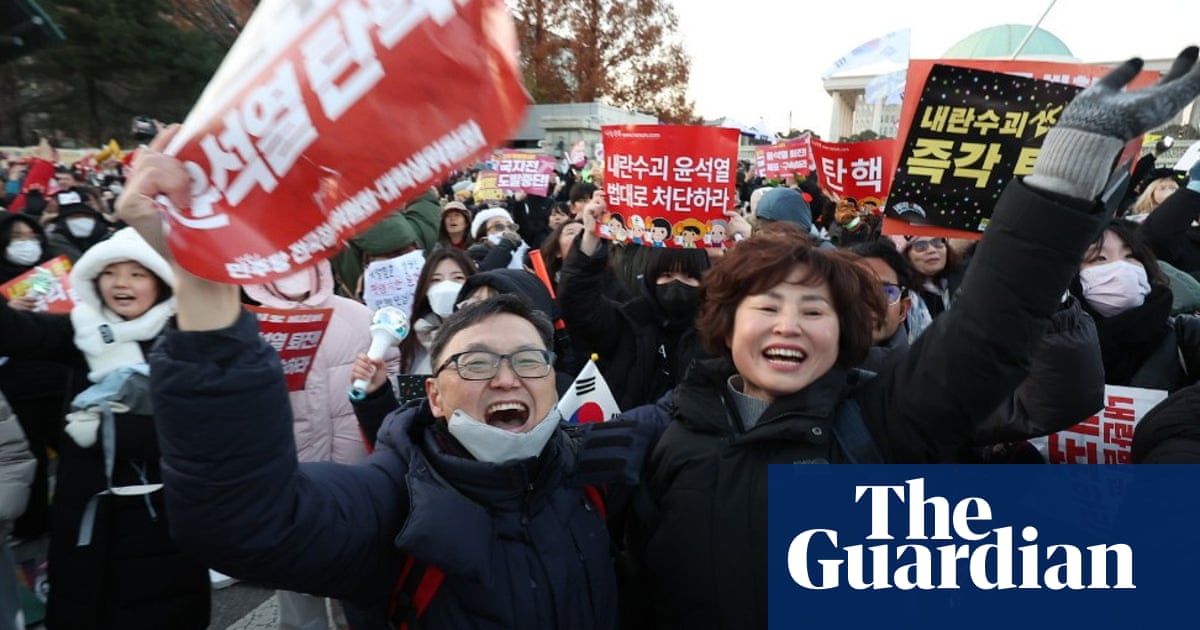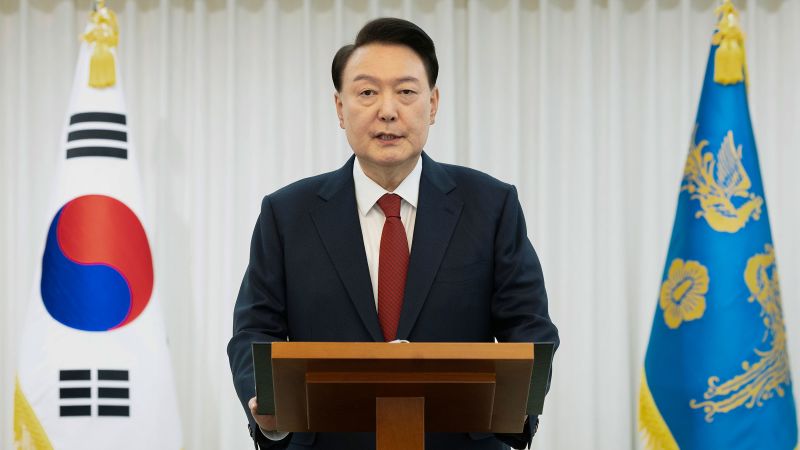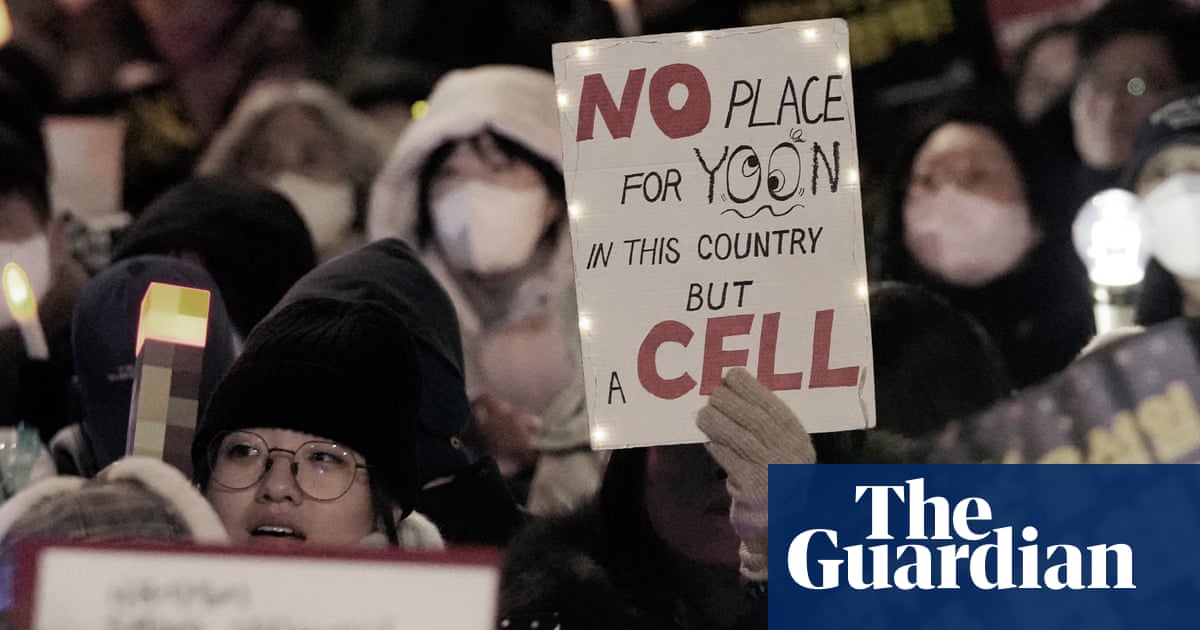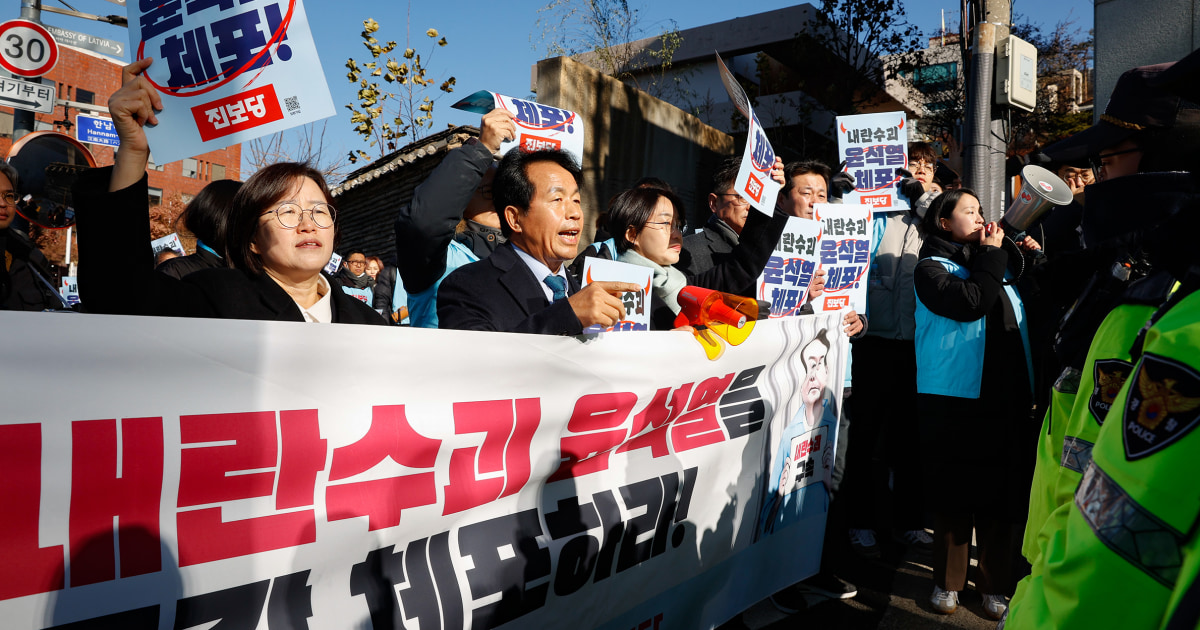South Korean President Yoon Suk Yeol Impeached by National Assembly Amid Protests and Turmoil
South Korea's National Assembly impeaches President Yoon Suk Yeol following his controversial martial law declaration as protests erupt across the country.
Subscribe to unlock this story
We really don't like cutting you off, but you've reached your monthly limit. At just $5/month, subscriptions are how we keep this project going. Start your free 7-day trial today!
Get StartedHave an account? Sign in
Overview
On December 14, South Korea's National Assembly voted 204-85 to impeach President Yoon Suk Yeol over his martial law announcement. His approval rating has plummeted to 11%, with widespread public protests calling for his removal. Prime Minister Han Duck-soo will assume acting presidential powers. While Yoon vows to fight the impeachment, he faces a potential insurrection investigation. The Constitutional Court has up to six months to rule on his impeachment, which could trigger a national election. This marks the second time in less than a decade a South Korean president has been impeached.
Report issue

Read both sides in 5 minutes each day
Analysis
Analysis unavailable for this viewpoint.
Articles (36)
Center (18)
History
- 1y

 4 articles
4 articles
- 1y

 4 articles
4 articles
- 1y

 5 articles
5 articles
